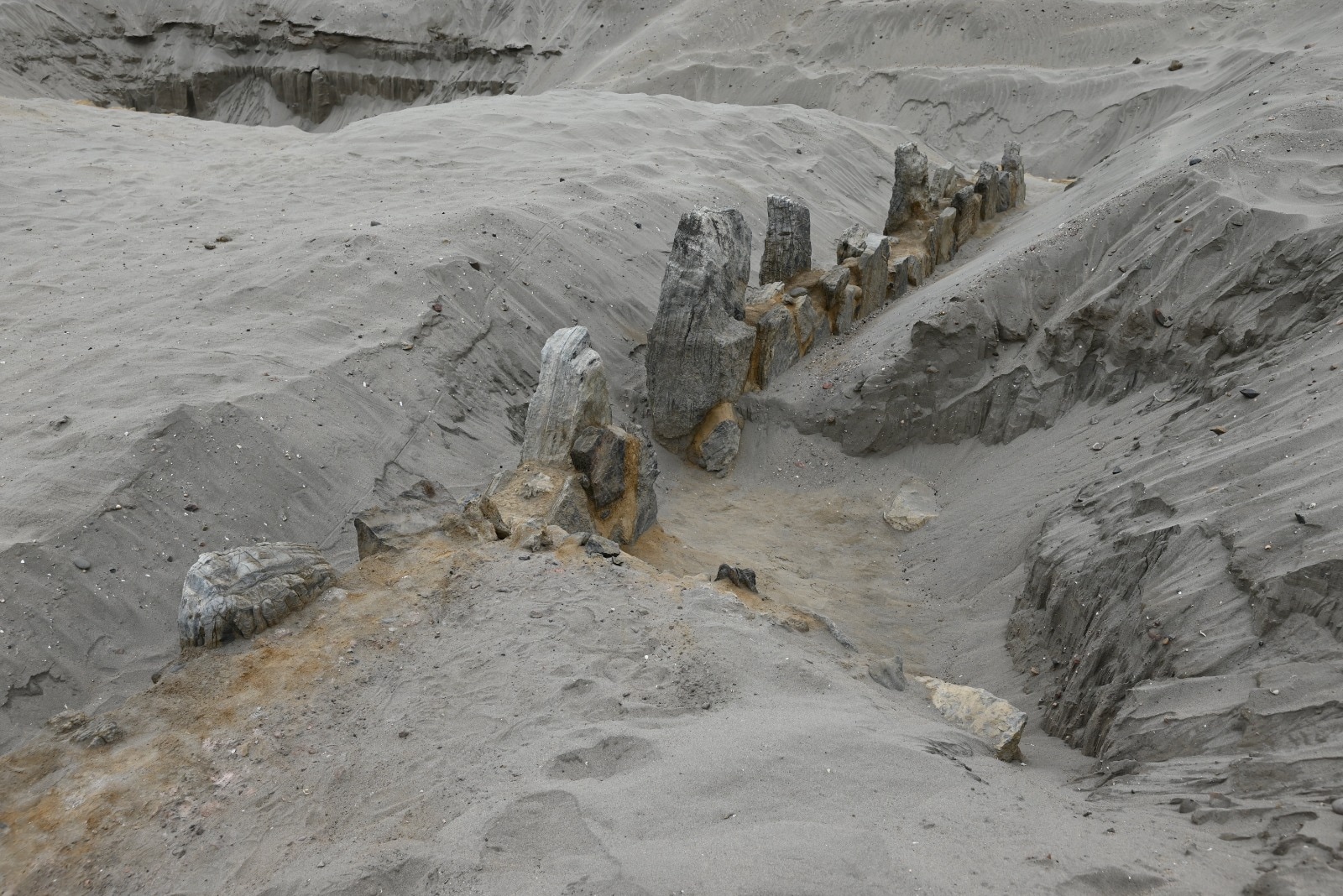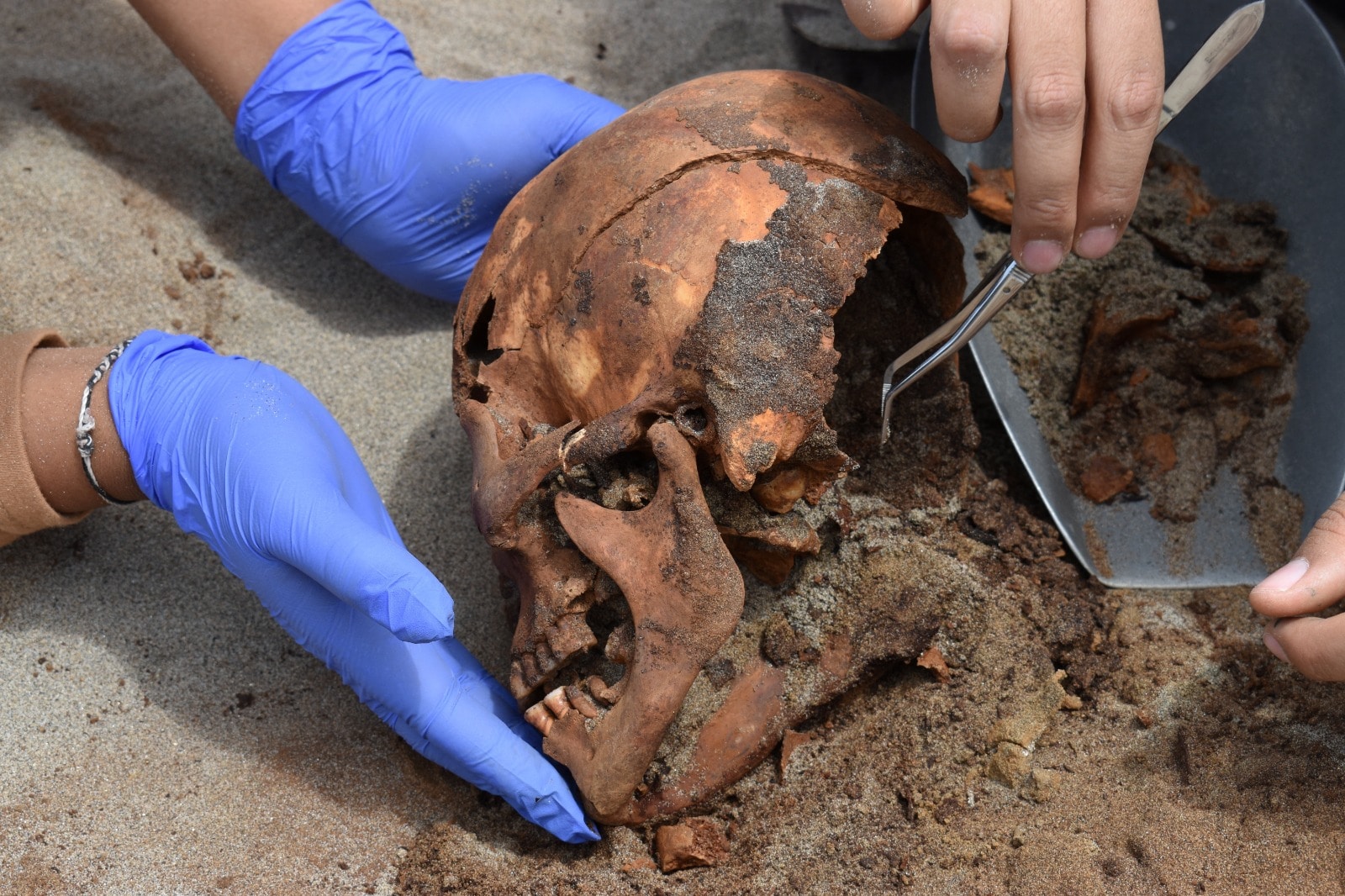
- 14 ancient remains found on Peru's northern coast, linked to ritual sacrifice
- Remains date back 3,000 years to the Cupisnique culture predating the Incas
- Bodies were buried face down with hands tied, indicating ritual sacrifice
In a stark discovery on Peru's northern coast, archaeologists have unearthed the 3,000-year-old remains of 14 people believed to be victims of a ritual human sacrifice, offering a glimpse into the country's ancient past.
A research team found the skeletal remains near what is thought to be a ritual temple of the Cupisnique culture, a civilization that thrived more than a millennium before the Incas. Some of the dead were buried face down with their hands tied behind their backs.


"The way in which these individuals were buried is atypical, as are the traumas and injuries they suffered during life and the violence they endured," said Henri Tantalean, the archeologist who led the excavation.
The position of the bodies, he explained, "is a typical form of human sacrifice."
Unlike many elaborate burials found elsewhere in Peru, these victims were placed in simple pits in sand mounds, without any accompanying offerings or treasures.
The discovery was made near a beach in the La Libertad region, about 675 kilometers (420 miles) north of Lima, adding to the list of the country's important archeological sites like Machu Picchu and the Nazca lines.
(Except for the headline, this story has not been edited by NDTV staff and is published from a syndicated feed.)
Track Latest News Live on NDTV.com and get news updates from India and around the world

